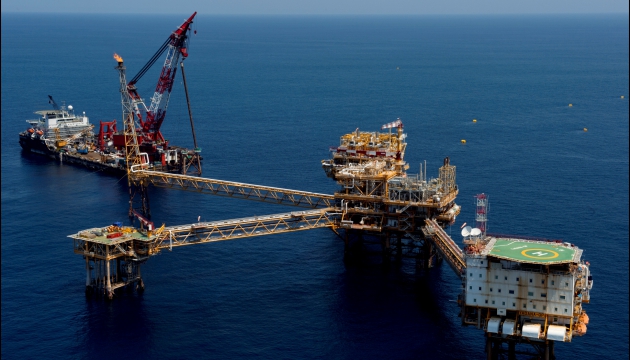
Opinion: Is digitalisation the key to remote plant operation?
By Eric Duchesne, SVP technology experts for Total, who will be addressing at the ERTC Ask the Experts conference in Cologne on 20-21 June
There have been many advances in the field of digitalisation in recent years.
As the industry moves towards remote operation it is plant optimisation and integrity management which will provide the tools to enhance safety and anticipate potential problems within the plant, ensuring that the right human assets and replacement parts are available when required.
Today, there’s lots of talk about big data, but before we start to consider how we use big data we can dramatically improve the performance of our plants through the more effective interpretation of data that already exists. We need to become proactive rather than reactive.

That proactivity can not only be demonstrated in the identification of process anomalies before they happen, but can also be seen in the optimisation of assets to ensure maximum availability.
In the past engineers responded to alarms, going forward engineers, through the analysis of plant data and in liaison with plant experts, will be able to identify problems and bring about solutions before any alarm is even triggered.
The solution to rectify an anomaly can then be programmed into a planned maintenance schedule, thereby optimising not only the plant but also human assets.
The optimisation of assets and the overall plant will result in efficiencies, but measuring those efficiency gains can in some cases be challenging.
It all depends upon the starting point.
For example, if equipment currently has 85 per cent availability, it should be relatively straightforward to increase that availability by 10 per cent.
When the availability is at 99.5 per cent, any gain will be much smaller and therefore more difficult to identify over the standard duration of a proof of concept. In this case, it might take many years to be able to define the real gains in efficiency.
Digitalisation will provide both historic and real-time information that will allow plants to be operated with fewer human resources in the future.
Those engineers monitoring a plant could be thousands of kilometres away but they will be able to identify process anomalies and liaise with plant teams on site who may well be working a 9-to-5 standard pattern.
We are already starting to see this happening in the industrial gas business, but I think this model will roll out to refineries and platforms even though these installations have more complex processes.
This move will be accelerated by big data once we have the tools to truly analyse the huge volumes of information that will come not only from sensors within assets but also from enterprise resource planning systems, static data, or digital twins, and from plant historians.
Sophisticated analysis will be required to identify actionable information from these data, but it will happen and specialist companies are already starting to provide the improved tools that are needed to make this a reality in the future.


